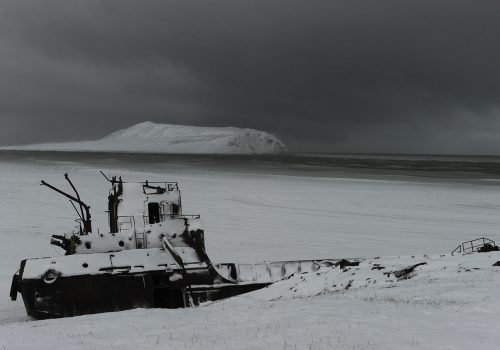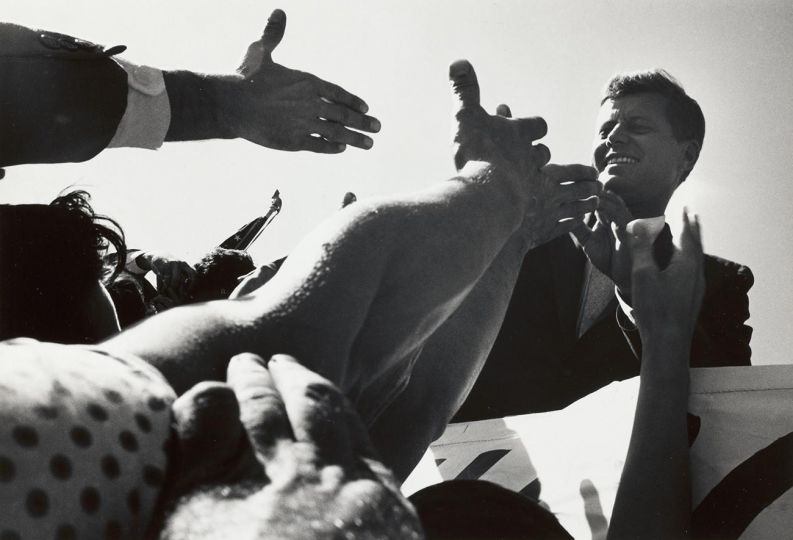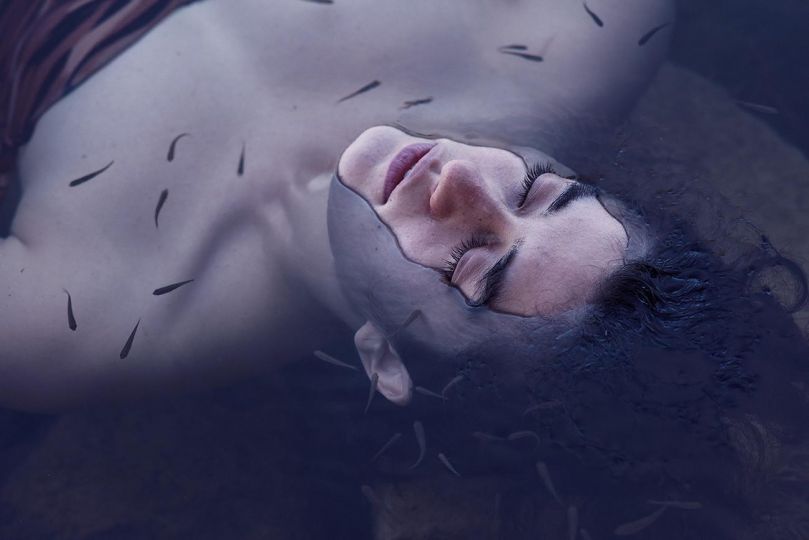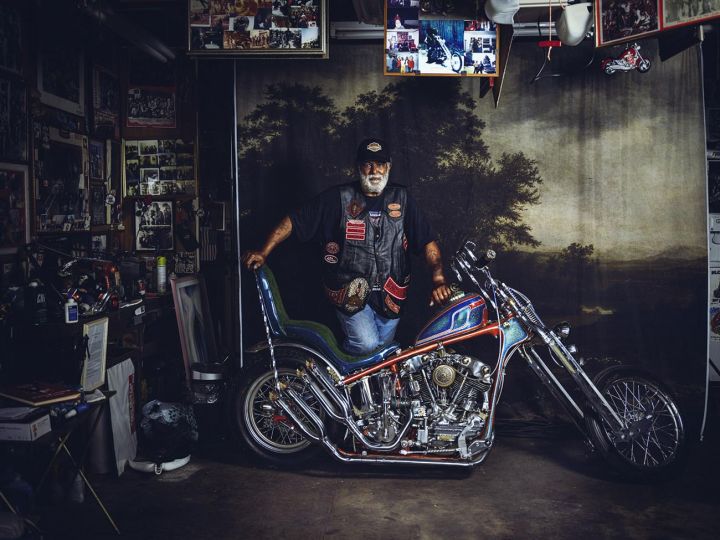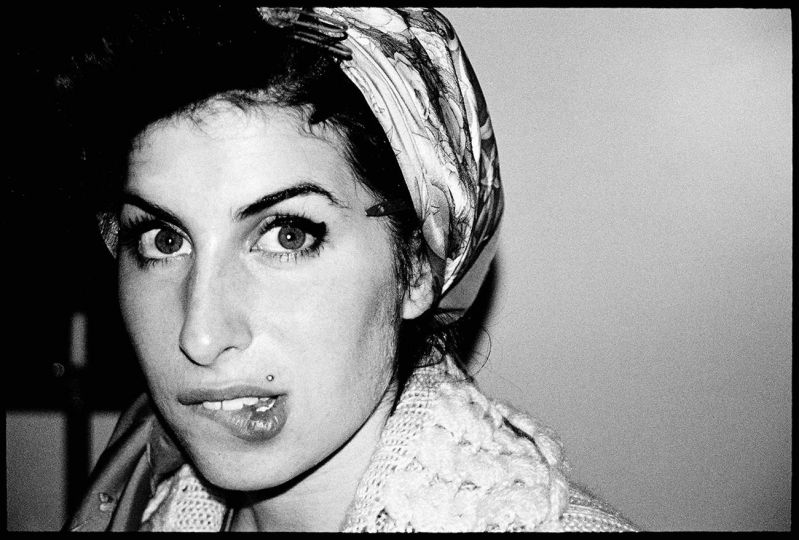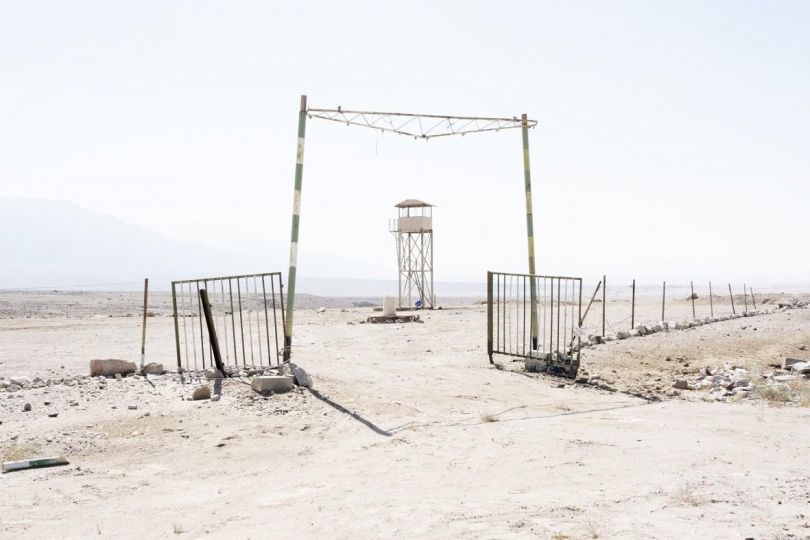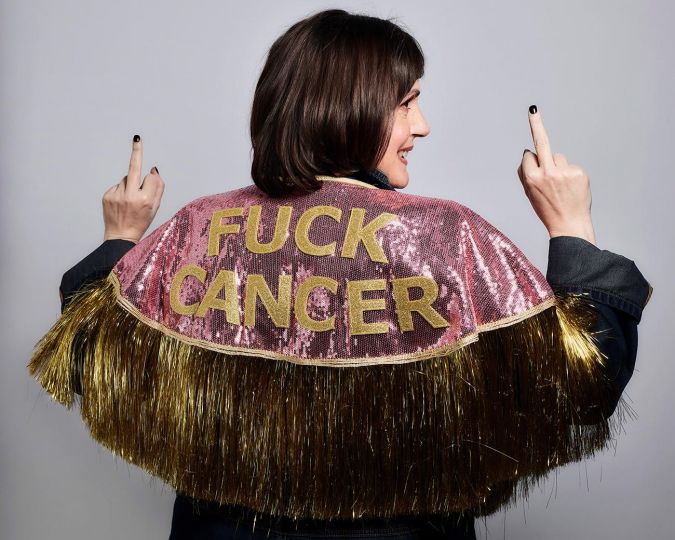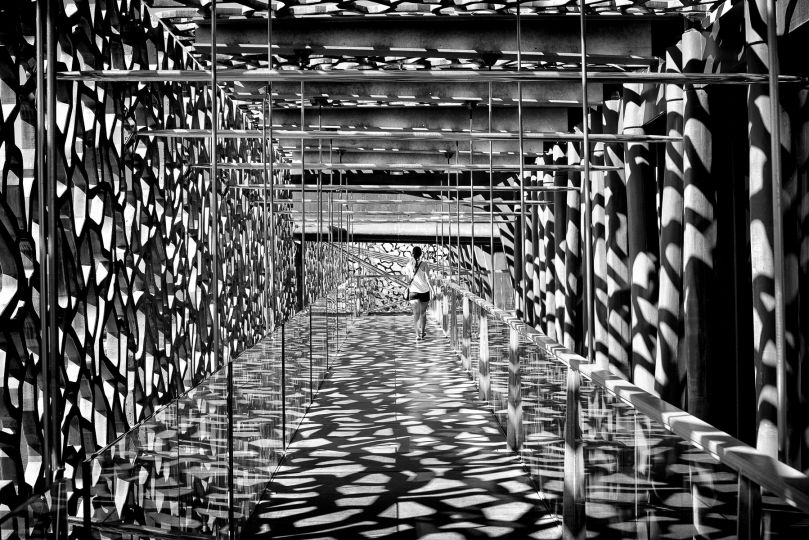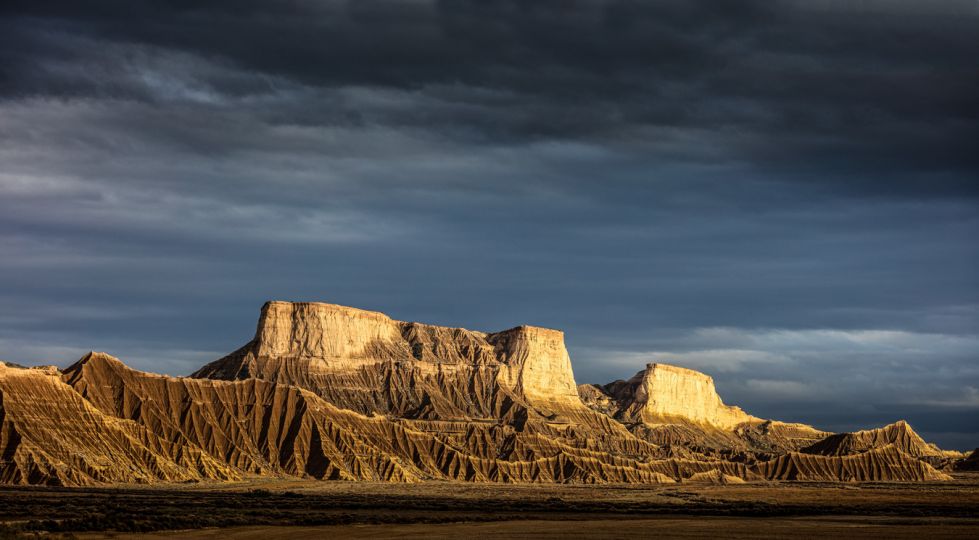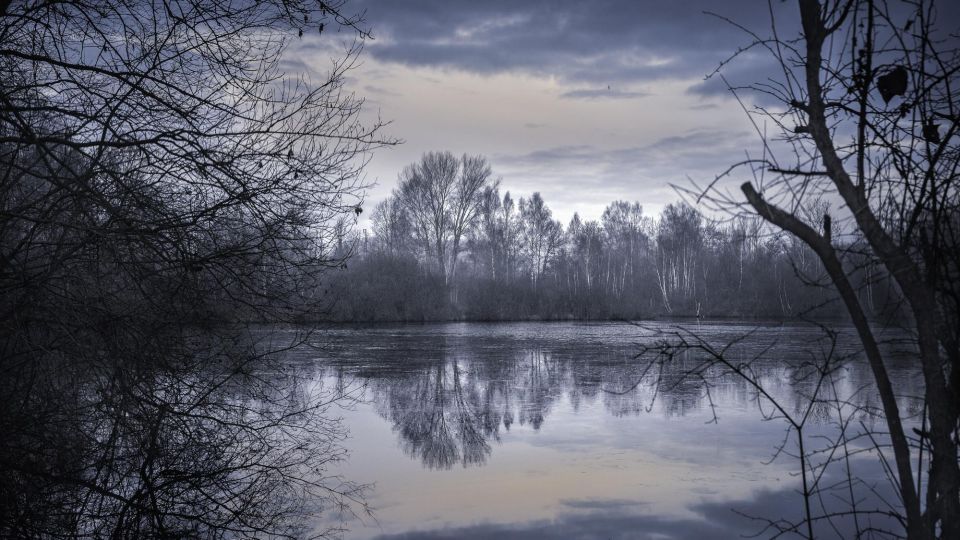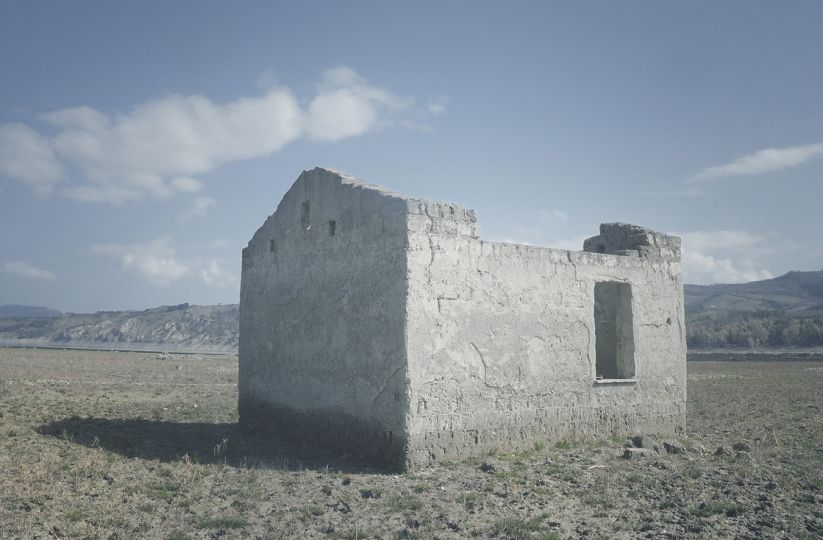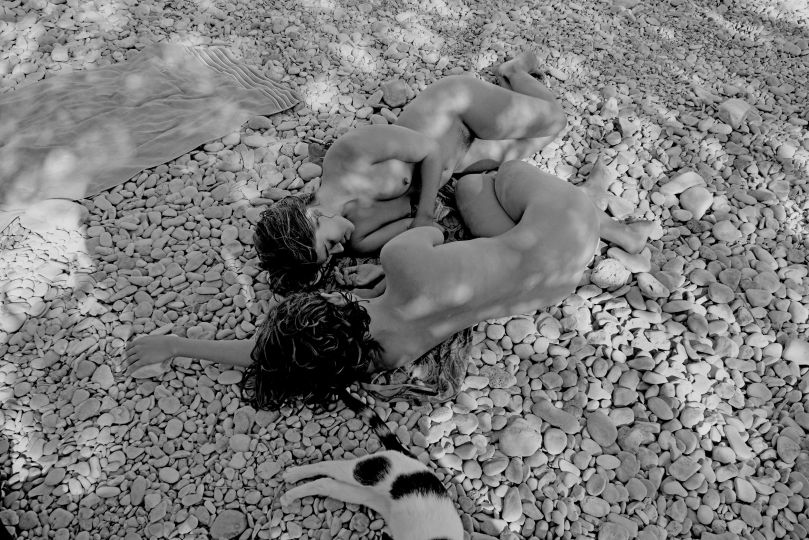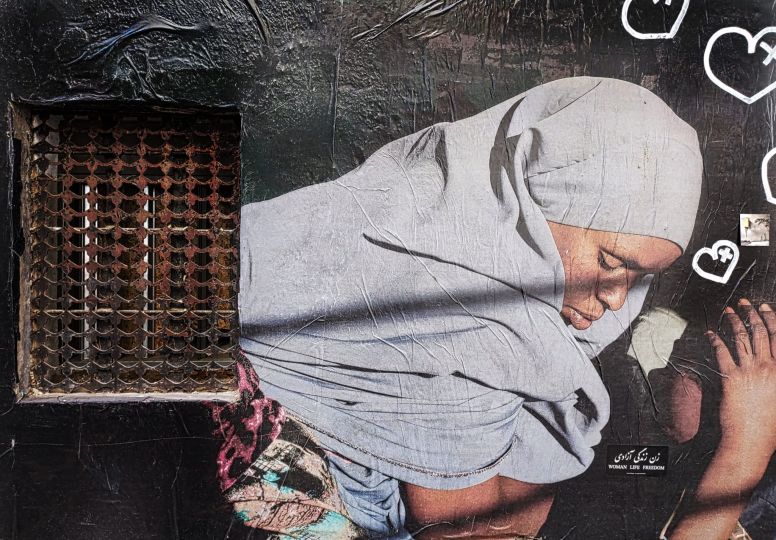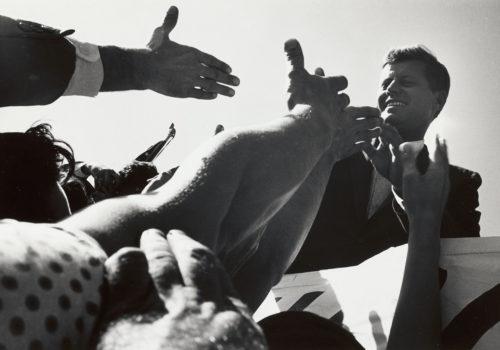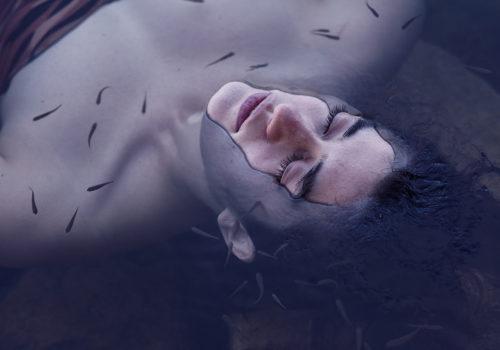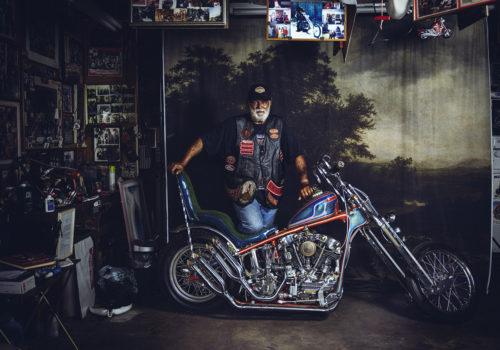Six hours in the sky: flight Novosibirsk-Magadan, overnight in a hotel in the famous city of Kolyma and a three-hour flight to Anadyr. The plane lands on the other side of the estuary at the airport of the village Of coal Mines. The airport building is one of the few places in the country where the doors are closed for the weekend, here – border control. All Chukotka is closed to the free movement of the territory and only the presence of a special pass allows you to move freely on the territory specified in the document.
The flight to the district center of Lawrence is carried out once a week and with the tickets of this direction is a constant problem. The local air monopolist “Chukotavia” is not a hospitable company: you can sit in the Coal Mines or in Anadyr for a week or two, and there is no guarantee for the flight. By sea, you can move on a passenger ship,but comfortable conditions here will never be. And the sea is not the calm element. But i choose a trip to the sea.
Lorino, September 13th.
I go to the office of sea hunters. The office is located in a small house in the center of the village, and the coast is about half a kilometer. My first visit to Lorino took place about ten years ago. Surprisingly, the Chairman of the community of sea hunters, Alexei Ottoi, remembered me in the face. In the office, in a special room for weapons, stored only weapons. Hunters boats, motors, shafts, bouncy balls “puff-puff”, life jackets – everything you need for hunting equipment located on shore.
Each access to the sea must be agreed with the community and then with the border guards. The border zone here and in the neighboring villages is felt like nowhere else in Chukotka; the Bering sea, a sixty-kilometer Strait that can be easily crossed by a modern boat in good weather. Alaska’s on the other side.
There are only two versions of the Akkani translation into Russian: one of them belongs to the doctor Of biological Sciences L. S. Bogoslovskaya and is literally translated as “seven yurts”.
Akkani was closed in the 60s, its inhabitants, according to 1946-50 years, were only one and a half hundred people. Akkaniytsy finally moved to Lorino in 1978 and Cape Akkani on the coast of the gulf of Mechigmen emptied.
But Akkan inhabitants of the modern Lorino was not so easy relationship. Every year, in the summer, near the shore is a large number of walruses. This is the migration path. To get walruses and hunt them in Akkani always preferred more than in Lorino.
Reference: walruses are divided into three subspecies: Atlantic, Laptev and Pacific. The first two are listed in the Red book of Russia, but the Pacific walrus, in addition to polar bears and killer whales, hunts people. The history of marine fishing has an ancient tradition, which in Chukotka has survived to the present day. Northern peoples would hardly be able to live without walruses: this sea animal in ancient times gave almost everything to coastal chukchas and eskimos – waterproof outerwear, boats, ropes, belts, food, heat and light; walrus fat was used in lamps. From the bones of the extracted walrus, a variety of ornaments, combs, needles were made, tips for harpoons were made. Walrus has always been the treasure that replaced the people of modern shops. And the attitude towards hunting was quite adequate. The old people say: if the nearby village was a rookery of walruses, life in the village froze in yarangas cease to Stoke the furnace, so as not to scare cautious animals; no noise and with caution, rowing boats and sailing, went hunting. The presence of walruses in the immediate vicinity of the village guaranteed the locals a well-fed existence. But it was enough animals to disappear – it’s hungry. Life on the coast has always depended directly on the sea and its inhabitants. Each entry into the sea for fishing was associated with a certain risk, because marine animals rarely surrender without a fight.
The hunters long to decide with Ottoi: back out to hunt the whale, or go to Akkani. Four large boats are at Cape Akkani, three small remained in Lorino. Hunters offer hunting on large boats on a whale. By noon, it is clear that the idea is not real: the final stage of whale hunting will begin in October. And now go walrus and the hunt will be just for them. For the chukchi have always been important to produce not only sea animals but also to correctly preserve the meat and the skin ( hunters used for this purpose so-called meat holes, located on the approach to the village, for the same purpose fit and the glacier, built in the permafrost in the Soviet era). The best safety is provided in low temperature conditions, that is, with the onset of cold weather. For this reason, the greatest activity in the sea in these places is observed in the second half of September – October.
The biggest disadvantage of this time is a short light day. Hunters have to make every effort to successfully hunt before the light, to return with the prey to the shore and cut it.
In Akkani we leave before sunrise, we take with us food supplies, weapons, ammunition, wood for the furnace. Akkani today is a hunting mini-village where Chukchi spend most of their time in the season of active hunting for walruses. What will be the duration of this departure – in advance, of course, is unknown. Hunters say: let us to hunt, until go walruses. But in Lorino you can always go back, if you sit on the boat, which carry the dead on the hunt in a sea of walruses.
Lorino for the last three decades is the unofficial capital of the sea hunters of Chukotka. The village was formed in the 60s, like most of these settlements on the coast of Chukotka: the Soviet government enlarged local Parking and settlements, and “unprofitable” closed to reduce the cost of their provision. People were taken to one place at random. Part of the settlements was left out of the way of constant migration of marine mammals.
Enlargement Lorino lasted until the end of 70 years. One of the completely deserted villages was located in forty kilometers of the village of sea hunters – Akkani.
In Lorino and Akkan all the time you have to be careful. Dependence on the natural elements is direct and, if for some reason the hunters did not have time to go to sea and missed the passage of walruses, they will have to catch up with the most difficult weather conditions. They don’t say, “go hunting,” they say, “go attacking.”
These clumsy animals on land, in the water are the largest mammals of the order of pinnipeds. Canines needed walruses are not so much for attacking boats how to search the seabed for food. Because the fins walruses are not adapted for locomotion on the ground, the fangs are often used for steep climbing “mountain”, when a herd of walruses out on the coast from the water on the rookery. With fangs walrus are on the ice. Perhaps it is for this reason that the walruses got the name, which is translated from Chukchi as “those who walk on their teeth.” The production of walruses in Chukotka is considered to be as dangerous as the hunting of a whale: the nature of the animals has not changed, only the speed at which the hunters are ready to chase the prey on the water has changed.
On the left and right side of the coast of Akkani – bear tracks. Yesterday evening the hunters brought in six wild-caught seals, walrus was not. A team of hunters is on duty here all the time and some people replace others. At night the dead animals and left lying on the shore. Why doesn’t the bear come for them?
Hunters say he has enough food. Brown bears feed on carrion, which the sea regularly throws on the coast. Two huge bears – brown and black-I noticed walking away from Akkani. The animals fled up a steep slope, not paying attention to my presence. The reason for this sudden race became clear almost immediately – along the coast was a hunter with a gun: Chukchi every time after a storm visiting the coast. In addition to seaweed sea often throws ashore something interesting: hunting balls “pykh-pykh” or carcasses of dead walruses. The meat of the animal to eat not eat, but the fangs are cut down definitely.
The foreman on our boat is Dmitry, a young and lucky hunter.
A few years ago, Dmitry on the way to Akkani turned over with his friends. Hunters went on the road in one boat and four people were in the icy water. Dmitry swam about ten meters and stopped, left clavicle have been damaged, standing, surgical needle, which prevented the sail.The three others he said he couldn’t cross, then the hunters said goodbye and swam to the shore. Dmitri returned to boat and attached to nose, those men, which sailed died from hypothermia. Dmitry stayed in the water forty minutes. Now he shows how then he tried to warm his stiff hands with his breath. Akkani hunters waited, but the search started later. On the search dispatched one the boat. Dmitry half-dead picked up, but as rescued-doesn’t remember. Says he got lucky.
Hunters say, that a strong wind will now until Saturday. We get up early, at 4 am, and the weather outside does not promise anything good, the wind at sea and in the afternoon the wave began to tear the boats of hunters with anchors. Six people are sent on shore to pull the boat to shore.
There is a lot of work on Akkani and it requires constant presence of people. Life here is completely autonomous and you have to do everything with your own hands: repair the roofs of houses for people, cook food for the entire male team, carry water from the river, bring coal from the shore, fish for food. In their free time from hunting and household activities, young chukchi guys enjoy playing volleyball and basketball on the court, throwing the ball into a lonely ring. Electricity is supplied from the generator and at night the village is filled with artificial light.
Hunters say that after such a storm the sea always throws something ashore. Tomorrow, if the storm is over, you can collect seaweed (it is boiled for a few seconds, dipping the leaves in boiling water), sometimes it comes across a beached fish and large crabs that take place somewhere in the side – they are very tasty. Sometimes walruses come across, chukchis cut down their fangs with an axe, and brown bears descend from the mountains at night. At night this their territory.
A new morning and the weather forecast, which does not bode well. We go out to sea at half past six. Hunters say that the weather turned ugly again: this is a dark stripe of water on the horizon, which moves in the direction of the coast. Without further ADO, the chukchis push the boats along the sand in the direction of the water. Goes first one brigade, then the second and the third. The shore meter wave inhibits the movement of boats, but hunters with the first tug boat assists the two remaining on the shore. “After a storm, walruses usually come close to the shore just in these places. We must wait!”- it is obvious that the chukchis are tired of the endless sitting under the roof and the bad weather, which does not allow for hunting. But walrus was not thirty minutes, not forty. Four boats, connected in pairs, drifted peacefully towards the Bay of the village of Lawrence. The area with the hunters watching the sea and the walruses disappeared in a cloud of fog, and only when the boats sailed a decent distance, one of the hunters started the engine and the boats again, very slowly, returned to their original position.
Meeting on the shore.
The man was Peter. Each Chukchi has two names. Peter had three names: Russian-Peter, Chukchi – “walking”, and another, which he showed a short movement of smoke below the abdomen. The third name, Peter explained, was given to him by his grandfather. It’s a term of endearment, which translated into Russian language just difficult. The name “walking” corresponded to the whole life of Peter: “I walk all my life and I never had a car.” A young father with three children he took into his family two children sister. Why he did so – explained briefly: when children grow up, people will ask why he refused them and did not bring up. This is not the only similar story in Chukotka. Peter himself grew up in a family of reindeer herders. As a young child, he burned with yaranga. The child was saved from death clothes made of reindeer skins: kuhlyanka completely burned and in the hospital it was removed along with the skin of the boy. “But I did not cry either before or after, – says Peter, – will survive or not – no one could say. But I survived.” This incident with the fire changed the fate of little Chukchi: Peter’s legs ached for a long time. Now Peter is working in the community from hunters, but people who grew up in the tundra, not the sea, rarely marine hunters.
Back at dusk through the thick fog. A short distance, which usually took twenty-twenty-five minutes, in this gray shroud seems to be infinity.
Two boats, one after the other, confidently fly forward. Landmarks on the ground no, only a stone spit at Cape Akkani, but it is in the fog. If the boat jumps on it, we’ll crash, but the Navigator continues to move at high speed. Experience and confidence distinguishes hunters Akkani, which leave more than 50 times per season.
The coastal Chukchi have a tradition: the first walrus, caught in the spring hunt, must be distributed to the neighbors, then the hunt in the upcoming season will be successful. Traditions are gradually disappearing from the life of Chukchi and Eskimos – such a picture had to be seen in almost all the villages on the Eastern coast of Chukotka. But three basic rules hunters will not be changed, the first spring walrus is divided equally, for the meat of wild animals do not take money in the sea do not go.
…
Return
Our big and small boats left Akkani last. Before leaving, Anatoly feeds his dogs, how long the animals will stay alone is unknown. Hunters loaded backpacks into the big boat, threw walrus meat on the bottom of the boat and set off. Usually the road to the village takes 30-40 minutes. But now, when the waves reached two meters and the boat sank between them, the path home turned into infinity.
The boat was flying over the open water, marine one flew with the ridge on the other. The movement against the wind seemed about to push people into the open sea. And the farther the hunters moved away from the shore, the higher the waves became.
“We must turn to the shore!”- the movement of hands communicate with other boats in the sea in this storm. “Like a steamer!” whether in astonishment, or disappointment coming from our boat. The heavy boat loaded with meat hardly moved on a wave, almost scooping up the sea water by the boards. To sail against the wind was much faster. With this minutes the road seemed strange: hunters changed direction and the speed. The storm at sea was just beginning, so get stuck away from shore was not the best option; I had to fight not only with the wind and huge waves, but over.
Later, one of the hunters, Alik, admitted that on this trip he was very scared: several times he wanted to throw in the sea walrus meat to facilitate the boat, to save himself and his comrades, but changed his mind.
…
The walrus is a loner, walrus-killer («Kegluchin»)
In Lorino, Akkani, Inchoun, and Enurmino had to hear from hunters about the history of single males, which in Chukchi name is “kegluchin”.
Single very small walruses, who are left without mother and her milk, become a pinhead. They don’t have fangs yet, and the cubs can’t loosen the seabed and get their own shellfish for food, as do the adults and the females who want to feed their babies. Orphaned walruses often die, but sometimes they manage to survive and adapt, and then they start to fish, hunt seals, wild ducks and lakhtakov (sea hares). Walruses become dangerous predators. Chukchi say, that a solitary adult walrus becomes very dangerous. He is afraid of polar bears, he is afraid of people. “Kegluchin” attacks on hunting bidari and boats, can not wait for hunter’s on thin ice, break through it, and then the hunter fate is sealed. These animals know no fear.
The Chukchi and Inuit of walruses is called a “walrus – killers,” leading a solitary lifestyle, only occasionally appearing among relatives. In ancient times, the hunters of Chukotka and Alaska, seeing a walrus with three or more fangs, stopped dangerous fishing and returned to the shore.
…
Walruses are coming.
“It’s more fun to hunt in the company”, says Alexey Otto. Yesterday, three boats ran all day, got three walruses and returned to the shore after sunset. “Walrus much now” – before said from there. After the last storm walruses began to come closer to shore to feed. So this time: while the hunters from Lorino was looking for the animals away from shore, six walruses were very close to the shore.
There there is a tractor driver by the name of Kolbas, looking out for passing animals through the binoculars, and transmits information on a cell phone Alexis from there. But we didn’t see six walruses near the shore, the distance separating us was too long, and the waves on the sea changed the speed of the hunters. Boat Alexei Ottoi, maneuvering between the waves, came to the cliff one of the first, but even its speed was not enough. Luck now not was, not was its and then.
“You see, Andrew, took you to the boat and were unable to get a walrus!”- a young hunter Vladimir approached me after the hunt.
Usually Chukchi always say when hunting fails. No change. You can just make a joke back, but now I myself is not fun. No hunting, no good photos, I understand that.
…
Return to Akkani
A few days in Akkani there was a blizzard: mountains and Cape thoroughly brought snow. No walruses. Only the day before the boat with Anatoly got one walrus, and another lost.
Twice I go out with hunters in the sea on a big boat; during the movement we are constantly flooded with sea water. The foreman by the name of Gennady the owner of a team with dogs and the champion on Chukotka, very famous and modest person. The cap is a small emblem with a five-pointed red star in the middle is the hammer and sickle. He admitted that he pasted a star for the son of Cyril, did not tear the star – and wears.
Twilight, the wind growing and slowly gaining heat the stove in the house on the Akkani. Crude, not very good quality coal, for which account for walk 400 meters to river. So do absolutely everyone who comes to Akkani. In the same side of the river – and the water that Chukchi carry in large plastic jars that are on the back.
On Akkani long ago formed a mini-village where hunters come with supplies of food, weapons and hope for a successful hunt. Here is extracted and cut up the walrus, sending kimgiti (the so-called walrus rolls) in Lorino departing boats. Sometimes women and children come to the village, they collect berries growing at the foot of the hill. Children Chukchi freely released into the sea to hunt. Here it is considered that the child must see the process of extraction of the walrus.
On Akkan hunt and live until early November. Then it becomes really cold and fragile houses are not able to retain heat. Then the chukchis leave their hunting grounds until next season.
October 14, it remains to get ninety walruses. The total quota for Akkani hunters is more than three hundred heads.
Alexei Ottoi from there says that in one year the whole coast was covered with Akkani walruses: boats barely managed to lift production. Chukchi cut up carcasses on the shore. “It was a good year” – Ottoi smiles.
Another night of calm turned to storm: blow out, then roared in the roofs of the cabins the wind. By morning, gusts of wind reached fifteen meters per second, and in the evening – up to twenty. The first day of very bad weather in Akkani. At this time there is no hunting in the sea and there is no opportunity to go out into the tundra, the wind blows all the time, and it becomes very, very cold. The fire in the houses can no longer warm a person, too strong wind.
The hunters decide to return to Lorino from Akkani. Will return or not on this Cape then, now can’t tell. Soon it will snow, winter will begin. Walruses can appear anywhere – near Akkani and near Lorino. As soon as the wind dies down, the chukchis will again be on duty on the shore and watch the sea. In a sense, this is the best place for hunting, because the migration of animals does not change as quickly as human life. There will be animals, so will be hunting Chukchi of Akkani – Loryno believe that these traditions will continue.
Andrey Shapran (Chukotka-Akkani)

